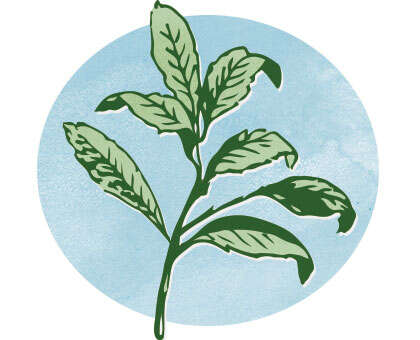The best time to drink it is right now. And I don’t mean that in a general sense, I’m speaking directly to myself so that I can remember this. Sunday morning, 6 AM and outside, of course. Liu Bao tea has always remind me of both the smell of warm cement during the first rain of the day, wet moss, and going back again to the cement theme, those aromatic walks home from elementary school with a light rain misting all that warm Californian earth, and fragrant sidewalk. But let me tell you what Yunnan Sourcing themselves say!
This is a raw (not wet piled) Liu Bao tea aged for more than 20 years already! It's ultra clean tasting and steeps 10+ times while keep flavor. It's not a graded Liu Bao, meaning it was picked with leaf and buds together and was never separated into different leaf grades. This means you get the tea in the form that has the most depth and completeness with this tea!
Taste is strong but not overpowering, with notes of tropical hardwood, betel nut, osmanthus, and incense. There is not even a little bit of mustiness at all! There is very long lasting mouth feel with this tea and the cha qi strong!
If you are looking for a clean aged Liu Bao or just want to try an excellent 20+ years aged tea then this will surely be a worthwhile choice!
LOVE YUNNAN SOURCING US CUSTOMER SERVICE AND QUICK SHIPPING.




























